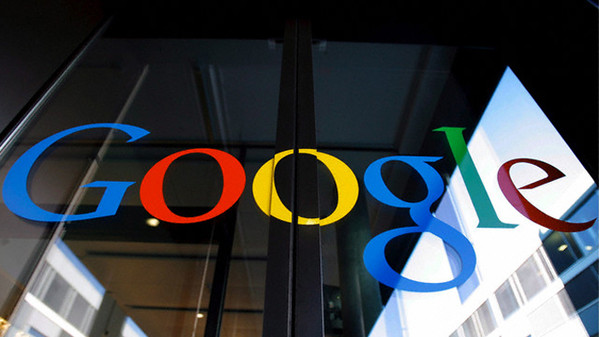MP says tax avoidance could harm Google’s public sector business

Public sector payments likely to miss the taxman
Google could find itself shut out from providing services to the public sector, an MP declared during a select committee grilling over tax evasion.
Alongside fellow US multinationals Amazon and Starbucks, Google was taken to task by the Public Accounts Committee over the management of revenues derived from the UK, facing stern questions on Monday evening over the level of tax the company pays.
Like its American counterparts, Google is accused of basing its European operations outside of the UK in order to pay less corporation tax. This means that 92 percent of all sales outside in the US are billed in Ireland, arguably due to beneficial tax rates. In the UK, Google is said to have paid £6 million on corporation taxes on a £396 million turnover.
Ian Swales MP questioned whether discrepancies over tax could mean that public sector organisations will refuse to do business with Google. Google provides services to some public sector organisations through its Apps platform. Swales said that Google had been “trying to get more into public sector provision of computing”, and had already “set a toe in the water” with Hertfordshire county council, among others.
“Would it be a good approximation to say that whatever profit is made in that service would effectively end up in Bermuda or possibly in the US?” Swales asked. “Therefore should the UK public sector factor that in when it is thinking about who to do business with, whether it is going to get tax back or not?”
Google already provides public sector services in the States, and the MP said that the sales pitch from Google lobbyists is that they are tendering for more public sector work in the UK too. He added that MPs have been “personally lobbied” by Google to increase its business in the UK public sector.
Swales continued: “If a public sector organisation was actually contracted with Google for the provision of computing services, how would the revenue be booked, and what costs would be booked against it, and therefore what tax would be payable? Suppose a public sector organisation contracts with you for a certain amount of revenue, what costs will be put against that revenue before profit is struck on which tax is paid?”
In response, Google UK CEO Matt Brittin contended that revenues and costs are structured in the same way that the company pays tax on advertising, with the innovation that drives this business stemming from developments made in the US. This means that Google is not technically based in the UK, where Google staff provide a service using the computer science developed in the US.
Google has consistently claimed that it has been clear about its tax payments, and has done nothing that is forbidden by HMRC.
According to Google UK CEO Matt Brittin, providing software and services accounts for only a small proportion of its revenues. The vast majority of revenue that Google generates on these shores comes from advertising – about 90 percent, the committee was told. However, he did say that Google has a small business providing email and document production and collaboration software.
“It is a small but growing business, and lots of companies and some local authorities are using those services,” Brittin said, though he added that it is more similar to the consumer version of Gmail.